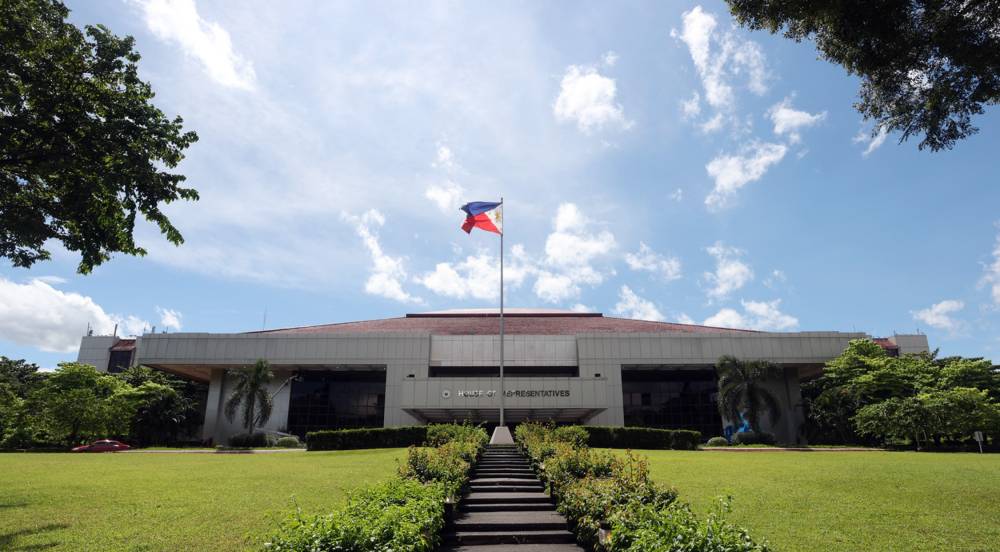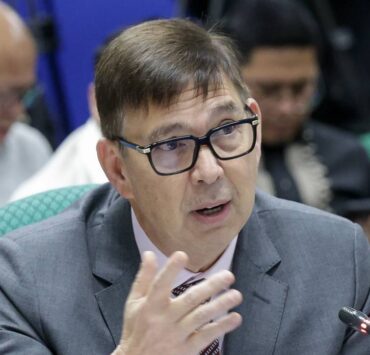How House investigations are changing public perception of legislators

Observing the protracted and ongoing investigations conducted by the House of Representatives into the potential links among the reported extrajudicial killings (EJKs) under the previous administration, the illicit narcotics market, and unlawful activities associated with Philippine offshore gaming operations has prompted me to change my perception regarding certain members of this legislative body. These inquiries, rooted in allegations of human rights abuses and governmental corruption, not only serve to reinforce trust and confidence in the procedural aspects of governance but also yield three pertinent insights.
First, the ongoing inquiries clearly illustrate how to navigate the complexities inherent in parliamentary procedures, maintaining a high level of dignity and respect. This is particularly evident in the role of invited resource persons and witnesses, whose participation has been instrumental and pivotal in these legislative processes. Their candid responses, the imperative of eliciting detailed answers, and the intermittent revelation of falsehoods followed by subsequent citations for contempt all contribute significantly to the depth of these investigations.
Indeed, as stated by Pope Francis in his World Communications Day Message in 2014, the barriers that segregate us can only be dismantled if we are willing to listen and learn from one another actively. Our differences must be addressed through dialogic engagement that fosters increased understanding and mutual respect.
Second, and in the context of legislative oversight, the behavior of the representatives was marked by a commendable intersection of competence and determination, devoid of bias and intimidation, in pursuit of uncovering the evidence that illuminated the facts concerning critical life and death matters. Commendations are extended to all distinguished members of the House within the quad committee, who exhibited meticulous preparation and engaged in exhaustive interrogation of the resource persons.
Beyond the four esteemed chairpersons presiding over the investigation to guarantee its transparency and integrity, three additional legislators warrant particular acknowledgment: Batangas Rep. Gerville Luistro, Lanao del Sur Rep. Zia Alonto Adiong, and 1-Rider party list Rep. Ramon Rodrigo Gutierrez. Their exemplary performance and legal acumen represent fresh air amid the traditionally perceived malaise within our political system and landscape. It also offers a tangible satisfaction regarding the judicious application of taxpayers’ resources.
Thirdly, it is incumbent upon all law-abiding citizens of this unfortunate country to maintain a sustained and informed understanding of these inquiries. These investigations are not just about uncovering past wrongdoings but they also constitute a legitimate source of information regarding the facts that underlie the existential threats posed to our collective existence. The issues being investigated, such as EJKs and governmental corruption, are not just historical matters, but they continue to pose a threat to our society.
At a minimum, we are responsible for observing and supporting these efforts, assuring that the time and energy invested will indeed be fruitful, contributing to the unveiling of truths that will liberate us and facilitate the delivery of justice to all victims through our judicial and legal system.
Noel Asiones,
noelgasi2000@yahoo.com

















